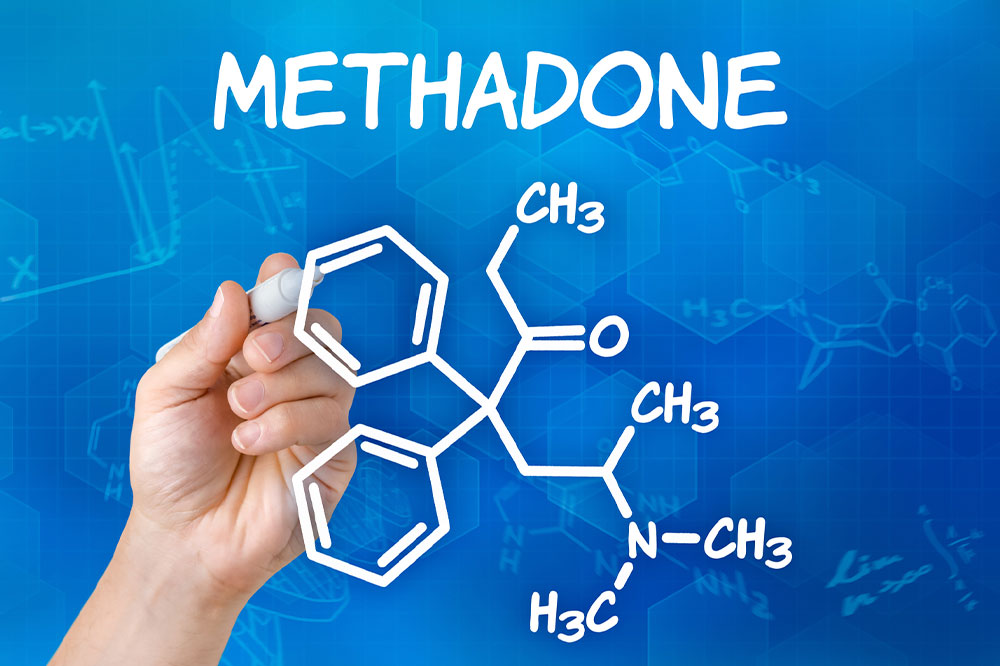Overcoming Opioid Dependence: Effective Strategies and Therapies
This article explores effective approaches to overcoming opioid dependence, including detoxification, inpatient and outpatient rehab, counseling, and aftercare. It emphasizes the importance of comprehensive treatment plans for physical and psychological recovery from opioid addiction, highlighting key signs, risks, and strategies to promote sustained sobriety and health restoration.
Sponsored

Understanding Opioid Dependence and Treatment Options
Opioids include both legal and illicit substances such as heroin, morphine, oxycodone, hydrocodone, codeine, and fentanyl. Commonly called narcotics or opiates, they encompass prescription pain medications used after surgeries to alleviate discomfort. Doctors may prescribe opioids for chronic pain management, but these drugs carry risks of addiction and adverse effects.
Even small doses can cause side effects like nausea, constipation, mental fog, and drowsiness. A dangerous symptom is slowed breathing, which can lead to overdose fatalities. Because opioids are both physically and psychologically addictive, addressing dependence is crucial for public health.
Indicators of opioid dependence
Signs include loss of consciousness, frequent nodding, slow respiration, pinpoint pupils, confusion, and feelings of euphoria. Dependence can weaken your immune system, increase susceptibility to infections, cause gastrointestinal issues, and lead to respiratory depression. Long-term abuse poses serious health risks, highlighting the importance of dedicated treatment for opioid dependence.
Approaches to treating opioid dependence
The initial step involves detoxification, where the body’s withdrawal process is managed carefully to minimize discomfort and health risks during recovery.
Symptoms such as headaches, nausea, vomiting, diarrhea, sweating, fatigue, anxiety, and sleep disturbances are typical during withdrawal. A comprehensive treatment plan combines medical, psychological, and behavioral therapies to support both physical and mental healing. In some cases, medication-assisted therapy is employed as a long-term component of recovery.
Common treatment options for opioid dependence
Detox Centers
Detoxification is the first phase, where medications help eliminate opioids from the system, easing withdrawal symptoms. This prepares patients for subsequent treatment stages. Complete detox may take weeks or even months, especially in severe cases.
Residential rehabilitation
Residential programs offer intensive inpatient care, focusing on identifying and addressing the root causes of addiction. These programs incorporate therapy, exercise, nutrition, and health monitoring. Alongside medication, counseling—both individual and group—plays an essential role in preventing relapse.
Outpatient rehabilitation
Outpatient treatment suits individuals with less severe addiction who prefer not to stay in a facility. It involves medication management and regular clinical visits to monitor progress. Patients maintain their daily routines while attending therapy sessions.
Home-based residential programs
For those able to afford continuous care at home, residential treatment offers professional support in a non-hospital setting, providing personalized attention and stable recovery environment.
Therapeutic counseling
Counseling helps recondition the mind to resist cravings and avoid relapse triggers. Techniques focus on behavioral goals, coping skills, and fostering a positive outlook for sustained recovery.
Follow-up and aftercare
Post-treatment support is vital for maintaining progress. Regular follow-ups with counselors and ongoing medication management help reinforce recovery, addressing the physical and mental challenges that may arise after initial treatment.






